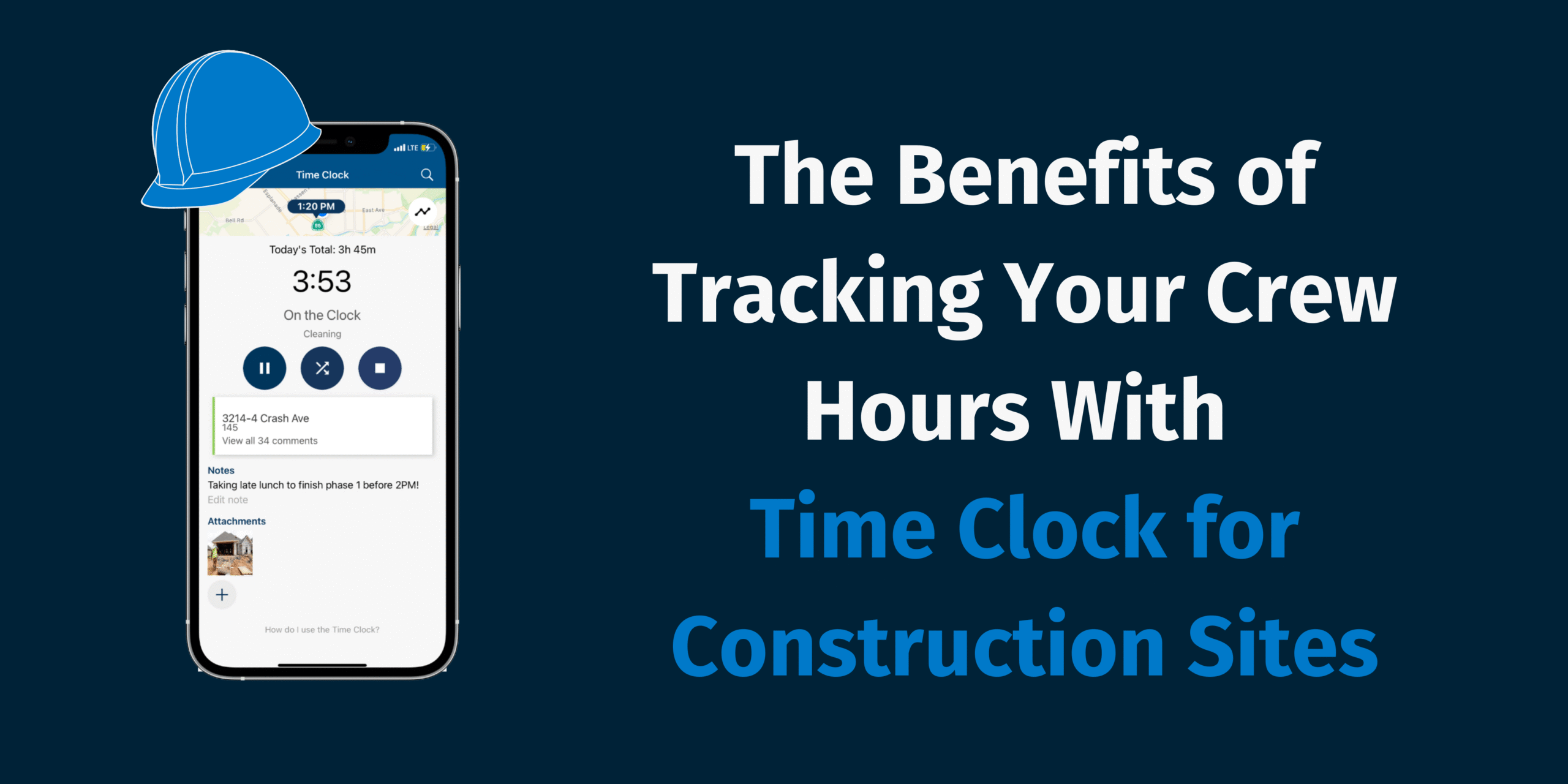Navigate the complexities of construction schedules with specific time restrictions in place – your comprehensive breakdown of when you can (and can’t) build in the UK
Understanding Construction Hours in the UK
Construction time restrictions in the UK are governed by a complex web of regulations designed to balance construction progress with community welfare. As of 2024, these regulations have become increasingly stringent, with local authorities implementing specific guidelines to manage noise pollution and disruption. Recent studies show that 85% of construction projects in urban areas are now subject to strict time constraints, making it essential for industry professionals to understand and comply with these regulations.
Standard Construction Hours: The Basics
The standard permitted construction hours across most UK local authorities typically follow a consistent pattern, though there can be regional variations. The core working hours generally allowed are: Monday to Friday: 8:00 AM to 6:00 PM, Saturdays: 8:00 AM to 1:00 PM, with no work permitted on Sundays or Bank Holidays. However, recent data from the Construction Industry Council indicates that approximately 30% of local authorities have implemented even stricter time restrictions in densely populated areas.
- Standard weekday hours (8:00 AM – 6:00 PM)
- Saturday restricted hours (8:00 AM – 1:00 PM)
- No work on Sundays and Bank Holidays without special permission
- Quiet work preparation allowed from 7:30 AM
- Site shutdown procedures must be completed by designated end times
Special Considerations and Exceptions
Different zones and project types require varying approaches to time management. In residential areas, noise restrictions are typically 20% more stringent than in commercial zones. Emergency works are exempt from standard time restrictions, but must be properly documented and justified. According to recent industry data, approximately 15% of all construction works qualify for special timing considerations.
Planning Permission and Time Restrictions
Planning conditions significantly impact working hours and require careful consideration during the project planning phase. Current statistics show that 70% of planning applications include specific time-related conditions. Section 61 agreements, which are becoming increasingly common in urban developments, provide a framework for managing construction hours while maintaining positive community relations.
- Standard planning conditions typically specify working hours
- Section 61 agreements offer flexibility for special circumstances
- Variation applications required for work outside standard hours
- Environmental impact assessments influence time restrictions
Best Practices for Time Management
Effective time management within legal frameworks is crucial for project success. Industry leaders recommend implementing a comprehensive communication strategy, with regular updates to stakeholders and detailed documentation of all timing-related decisions. Recent studies indicate that projects using structured time management protocols are 40% more likely to complete on schedule.
Penalties and Enforcement
Non-compliance with construction time restrictions can result in significant penalties. Local authorities have various enforcement powers, including stop notices and fines. Recent data shows that fines for time restriction breaches have increased by 25% since 2023, with penalties ranging from £5,000 to £50,000 for serious violations.
- Fixed penalty notices starting at £5,000
- Potential prosecution for repeated violations
- Stop notices causing project delays
- Reputation damage affecting future contracts
Managing Special Projects and Circumstances
Major infrastructure projects and heritage sites often require unique approaches to time management. These projects typically operate under bespoke agreements, with 35% requiring special timing arrangements. Urban development challenges have led to innovative solutions, including acoustic screening and alternative construction methods to minimize timing impacts.
Future Considerations and Industry Trends
The construction industry is evolving, with new technologies and environmental considerations shaping time restriction policies. Recent industry forecasts suggest that by 2025, 50% of urban construction projects will utilize smart monitoring systems to ensure compliance with time restrictions. Environmental factors, including carbon reduction targets, are increasingly influencing when and how construction work can be carried out.
Practical Tips for Compliance
- Implement digital time tracking systems
- Maintain detailed logs of working hours
- Establish clear communication channels with local authorities
- Develop contingency plans for timing disruptions
- Regular staff training on time restriction compliance
- Use noise monitoring equipment to ensure compliance
Successfully managing construction time restrictions requires a comprehensive understanding of regulations, effective planning, and robust compliance systems. By following these guidelines and staying informed about regulatory changes, construction professionals can maintain productive operations while avoiding costly penalties and delays.
FAQ
How many hours can you legally drive in a day?
The 11-Hour Limit: Regardless of how a driver spreads their activities across the 14-hour shift, they are not allowed to drive for more than eleven hours within that period.
Can I drive 14 hours in one day?
The Federal Motor Carrier Safety Administration (FMCSA) sets strict Hours of Service (HOS) regulations to ensure driver safety and reduce fatigue-related accidents. While the 14-hour duty rule is often misunderstood, it does not allow drivers to drive for 14 hours in one day.
What is the 11-hour driving rule exception?
Property-carrying drivers can drive a maximum of 11 hours per shift. The adverse driving conditions exemption extends the 11-hour driving limit to 13 hours. This exemption doesn’t extend the 14-hour driving period. It means that all 13 hours of driving must still be completed within the 14-hour window.
Sources
[1] https://www.fmcsa.dot.gov/regulations/hours-service/summary-hours-service-regulations
[2] https://www.fmcsa.dot.gov/regulations/hours-of-service
[3] https://www.simplyfleet.app/blog/14-hour-rule-for-truck-drivers


Leave a Reply